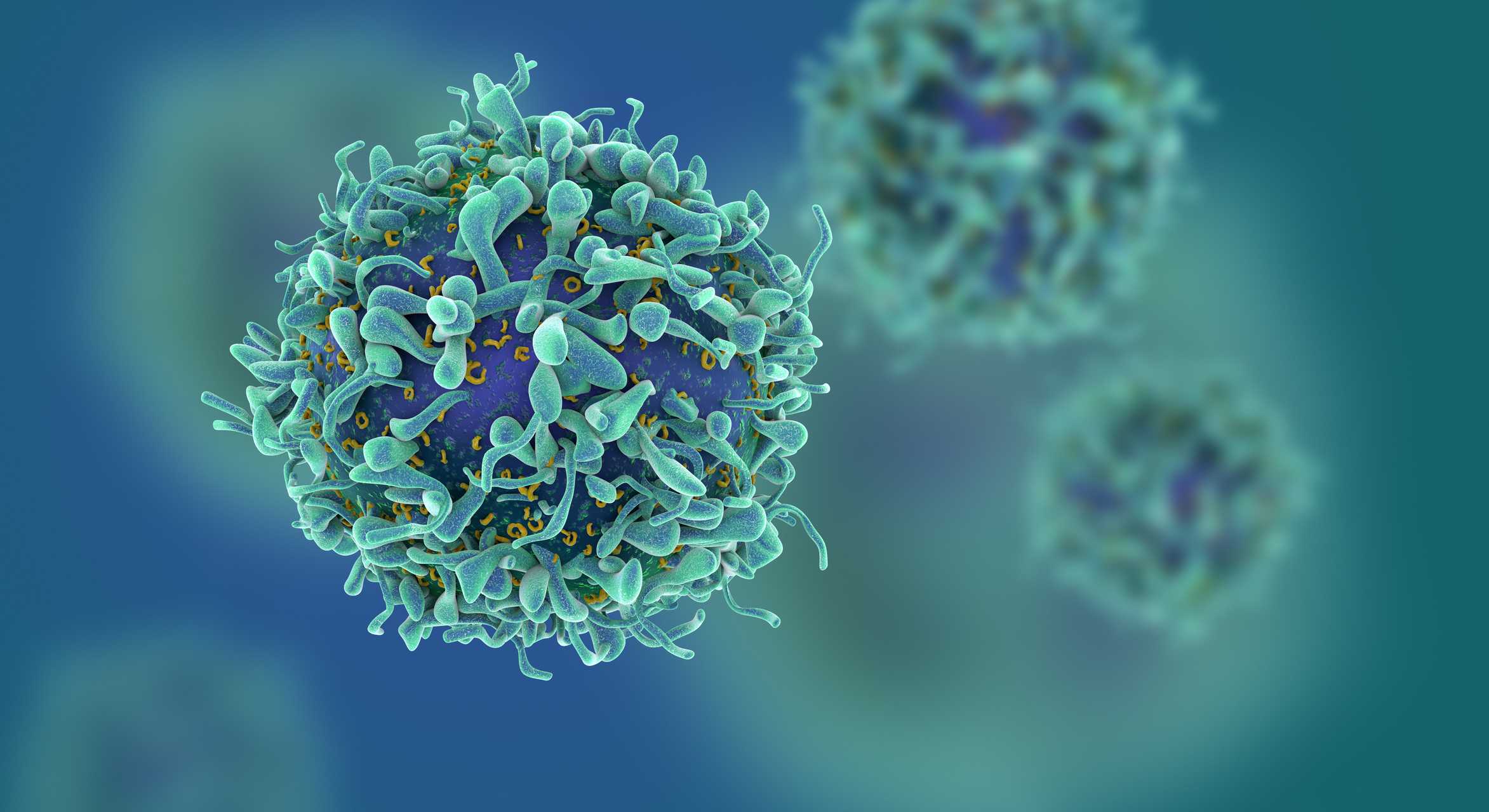Researchers have genetically identified some subgroups of type 1 diabetes that respond to the Diamyd vaccine which aims to prevent or delay the development of the condition.
The treatment is called Diamyd and researchers report that their findings showed a “positive and statistically significant dose-dependent treatment response” in specific subgroups of people with type 1 diabetes.
The researchers took data from more than 530 people who had taken part in prior trials of the Diamyd vaccine. Those who tested positive for certain human leukocyte antigen (HLA) were given a high number of doses of Diamyd. This involved having three or four injections of the medication.
The findings showed those who had the higher number of doses of the vaccine had a “statistically significant treatment effect of approximately 60% compared to placebo” 15 months after the start of the study period.
When the researchers looked at data from people having either a higher or a lower number of doses (two to four doses), a treatment effect of approximately 40% was observed.
Professor Mark Atkinson, Professor and Board member of Diamyd Medical, said: “This has great significance for Diamyd Medical, type 1 diabetes research and the antigen-specific immunotherapy field in general.
“These results support the notion that you can identify patients that will have a much higher likelihood to respond to a GAD-based therapy based on a well-known and scientifically plausible genetic profile.”
Professor Johnny Ludvigsson, one of the lead authors, said: “This may be a breakthrough step towards understanding how personalized medicine for autoimmune diseases will evolve. It is a great achievement to for the first time be able to identify a large cohort of patients that experience a significant effect of autoantigen-specific treatment.”






